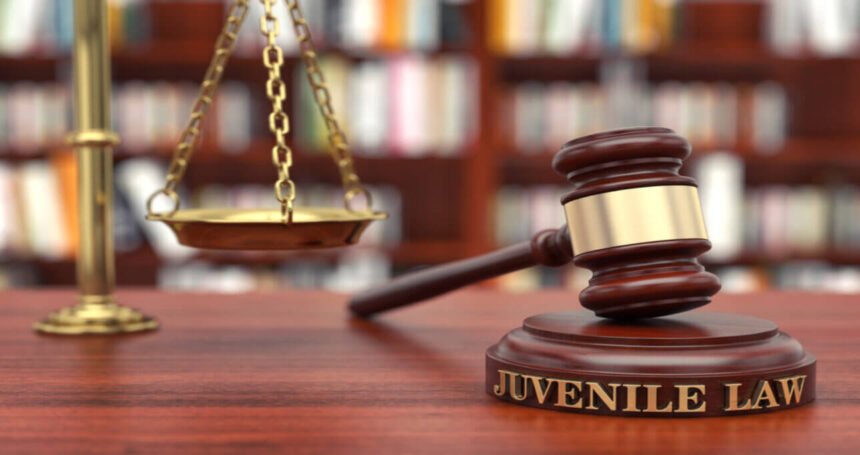Despite having ample resources, the state has failed to put them to good use for the children’s community. This has several ramifications.
Juvenile delinquents come from a variety of socioeconomic and educational backgrounds. As a result, such a move is considerably more likely to incarcerate these youngsters, further marginalizing them in society.
The state or the local political parties should understand that involving politics in certain times like such cases where the degree of concerns are such high, that this could leave to understanding the future of that child or the juvenile.
Perhaps, they should take stand for providing justice to the juveniles but should not make such agendas as their political campaigns.
The passage of the New Juvenile Justice (Care and Protection of Children) Act in 2015 brought about several notable modifications to the previous juvenile justice system. One of the most significant adjustments is that juvenile antiquated clusters of sixteen to eighteen are to be tested as adults. Also, those who reach the age of twenty-one while serving a term are sent to prison for the balance of their sentence.


